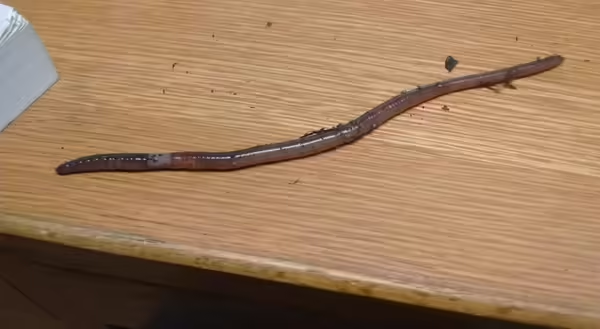
- Thoroughly clean tools, shoes, and vehicles when moving from one site to another.
- Only purchase compost, mulch, or other organic matter that has been heated to appropriate temperatures and duration to reduce the spread of pathogens, insects, and weeds. Jumping worm egg casings do not survive temperatures over 104°F
- Remove adult jumping worms. Place adults in a plastic bag and leave in the sun at least 10 minutes. Dispose of the bag in the trash.
- Remove soil from all plants before transporting them
- Wash roots by completely submerging plant roots in water and washing away remaining soil. Water is enough to remove soil and other materials from the roots.
- Buy bare-root plants when possible.
- Do Not buy jumping worms for bait, vermicomposting, or gardens.
- Follow Plant Sharing Best Practices
Learn more about jumping worms in this blog post.
Learn more about Illinois invasive species.
MEET THE AUTHOR
Nicole Flowers-Kimmerle is a Agriculture and Natural Resources (Horticulture) Educator for Fulton, Mason, Peoria and Tazewell counties. She completed a bachelors of science degree in crop science at the University of Illinois, and a master’s of science degree in agronomy with an emphasis in weed science at the University of Wisconsin-Madison. She has also worked at Montana State University as a research associate where she worked on weed control in sugar beets and barley. She taught high school chemistry and other science classes where she was able to teach students in both the school garden and greenhouse. She works with both the Extension Master Gardeners and Extension Master Naturalists.
ABOUT THE BLOG
ILRiverHort is a blog that helps people connect to nature and grow.